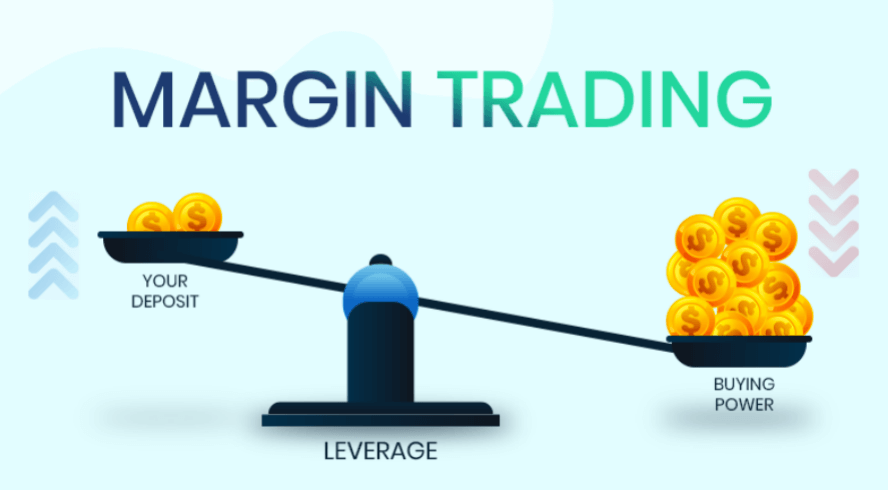In recent years, technology has dramatically transformed the insurance industry, ushering in a new era of efficiency, customization, and customer satisfaction. As digital innovation continues to advance, insurers are leveraging cutting-edge technologies to streamline operations, enhance risk assessment, and provide personalized services to policyholders. This article explores current trends and future predictions on how technology is reshaping the insurance landscape.

Current Trends
1. Artificial Intelligence and Machine Learning
Artificial Intelligence (AI) and Machine Learning (ML) are revolutionizing the way insurers handle data. These technologies enable the analysis of vast amounts of data at unprecedented speeds, facilitating more accurate risk assessments and personalized policy recommendations. AI-powered chatbots and virtual assistants are also improving customer service by providing instant responses to queries and processing claims more efficiently.
2. Blockchain Technology
Blockchain technology is enhancing transparency and security in the insurance industry. By creating immutable records of transactions, blockchain reduces fraud and simplifies the claims process. Smart contracts, which automatically execute and enforce the terms of an insurance policy, are being used to expedite claim settlements and reduce administrative costs.
3. Internet of Things (IoT)
The Internet of Things (IoT) is providing insurers with real-time data that helps in assessing risks more accurately. For example, telematics devices in cars monitor driving behavior, allowing insurers to offer usage-based insurance policies. Similarly, smart home devices can detect potential hazards like leaks or fires, enabling insurers to prevent losses before they occur and offer discounts to policyholders who adopt these technologies.

Future Predictions
1. Hyper-Personalization
As technology continues to evolve, the future of insurance will be characterized by hyper-personalization. Insurers will use AI and Big Data to create highly customized policies that cater to the specific needs and preferences of individual customers. This level of personalization will enhance customer satisfaction and loyalty.
2. Increased Automation
Automation will play a significant role in the future of insurance. Routine tasks such as policy administration, claims processing, and customer service will be increasingly automated, reducing operational costs and improving efficiency. This will allow insurers to focus on more complex and value-added activities.
3. Enhanced Risk Management
Advanced technologies like AI, IoT, and predictive analytics will enable insurers to manage risks more effectively. By continuously monitoring and analyzing data, insurers can identify potential risks early and take proactive measures to mitigate them. This will lead to fewer claims and lower costs for both insurers and policyholders.
4. Blockchain Adoption
The adoption of blockchain technology is expected to grow, further enhancing transparency and security in the insurance industry. Smart contracts will become more prevalent, automating claims processing and policy management. This will lead to faster and more efficient transactions, benefiting both insurers and customers.

In conclusion, technology is reshaping the insurance industry in profound ways. From AI and blockchain to IoT and Big Data, these advancements are transforming how insurers operate and interact with customers. As the industry continues to evolve, insurers that embrace these technologies will be better positioned to thrive in the digital age.





